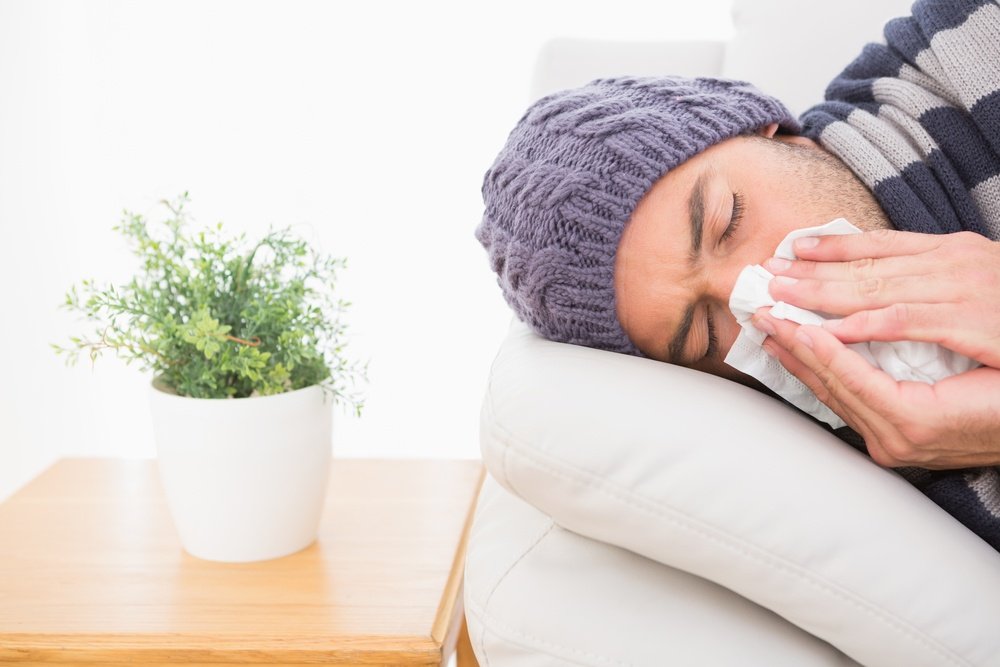
Cold Season is Here, Learn How To Protect Yourself
 It’s that time of year again when most people start to get what doctors call the common cold. Usually, it starts with a sore throat followed by a runny nose. The next thing you know, you are missing school or work because of your cold.
It’s that time of year again when most people start to get what doctors call the common cold. Usually, it starts with a sore throat followed by a runny nose. The next thing you know, you are missing school or work because of your cold.
On average, adults get 2-3 colds per year, most commonly during the Winter and Spring seasons.
Symptoms may include:
- A sore throat
- A runny nose
- Coughing
- Sneezing
- Headaches
- Body aches
It can take 7-10 days to recover, although people with a weakened immune system or other health conditions could develop a severe illness.
These cold viruses can spread by the air and personal contact with someone who is infected. The most common forms of contact with the virus are shaking hands and touching doorknobs, then proceeding to rub your eyes, nose, and mouth.
Helpful ways to protect yourself:
Wash your hands
- Washing your hands with soap and water up to 20 seconds is most effective in preventing viruses. In the case that soap and water are not available, the next best solution would be alcohol-based hand sanitizer.
Avoid touching your face
- Rubbing your eyes and nose, are the two areas viruses can quickly enter the body.
Stay away from people who are sick
- The cold virus can be spread by air and by close contact with someone who is already infected.
Get plenty of sleep and positive attitude
- Research has shown people who sleep less than seven hours a night were three times more likely to catch a cold than those who receive 8 or more hours of sleep. The same research shows a positive outlook can help improve immune systems and were better able to fight off the cold and flu.
Helpful ways to protect others:
- Stay home
- Avoid contact with others
- Distance yourself while sneezing and coughing
- Cough and sneeze into a tissue or upper sleeve
- Wash hands after sneezing, coughing, and blowing your nose
- Disinfect surfaces and objects you touch often
You should call a doctor when:
- Temperature is higher than 100.4 degrees F
- Symptoms last longer than ten days
- Symptoms are severe or unusual
- Child is younger than three months and has a fever
Although there is no cure for a cold, there are over-the-counter medicines that can help reduce the symptoms. Drinking fluids and getting rest are two of the best ways to feel better from a cold. Antibiotics do not work against viruses and taking them may weaken your body to fight off infections in the future.
References:
https://www.cdc.gov/features/rhinoviruses/
https://www.webmd.com/cold-and-flu/features/dont-let-a-cold-get-you-down#2
https://www.cdc.gov/antibiotic-use/community/for-patients/common-illnesses/colds.html
